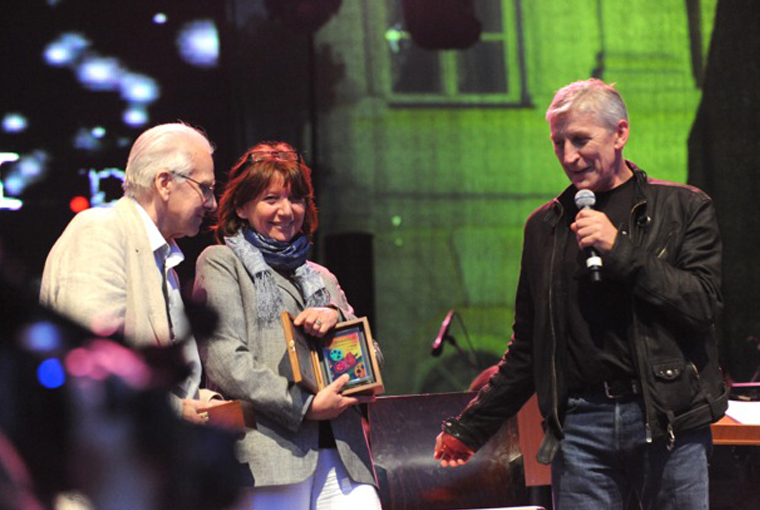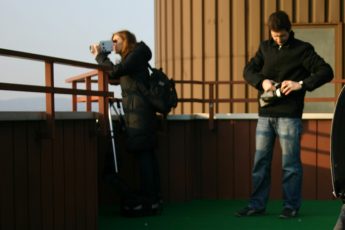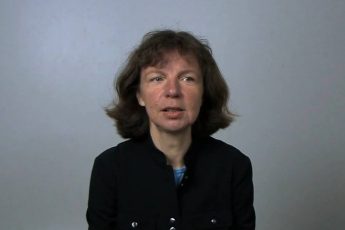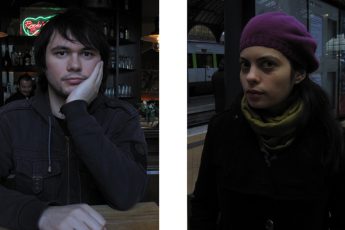
Moritz Pfeifer met Malgosha Gago in Paris where her film was screened at the Polish Library in Paris, which hosts a series of Polish films about history throughout this year.
When did the project start?
It started in 2005, while reading the study about the Intellegence Co-Operation between Poland and Great Britain during World War II by the Anglo-Polish Historical Committee. I met with Boleslaw Sulik who co-directed the film, and we initially planned to make a series for Polish Television, making ten one-hour films because Polish Espionage was gigantic and nobody talked about it. The report revealed Polish activity in North Africa, so we immediately thought about Casablanca.
Why is the Polish activity so unknown to a wider public?
Because after the war, Poland was an embarrassment. Everyone felt guilty, because as soon as the Soviet Union came into the war, the Poles were alright to fight, but the Soviet Union became the most important ally. When they found out about Katyn, and the Poles started complaining, they had to get rid of the Poles.
How much impact did the Polish spies and intelligence officers really have?
At that time, the Brits had no information. Even reading the newspapers and compiling information about the location of troops and military material was absolutely necessary for the British espionage service. The good thing was that Słowikowski was a professional, so he knew what to collect and how to collect it.
What were Słowikowski’s motivations?
He was an army officer. Before the War he was a spy in Kiev. During the war, his superiors from the Polish government-in-exile and the headquarter of the Polish army in London gave him orders. The Poles in London were the biggest allied government in exile. The British asked the Poles to collaborate after France collapsed in 1940.
Did he only obey orders, or did he have genuine political opinions?
Słowikowski was completely disgusted with the French resistance, in particular that each member hated the other. So he had a talk with them and told them that their political differences have to wait until the end of the war, and that at this moment they have to have a united front.
What was the most important information he revealed?
The fact that when the Allies arrived, it was the only battle where they keow everything: how many bullets the French had, who was against them, and so on.
How come nobody knew anything about Słowikowski’s autobiography, which he wrote in 1989?
We only found out about it later, because of the study. Generally, nobody in the West is interested in the Polish contributions to the Second World War. They keep muddling up the facts, namely that Poland was the only Ally who had lost the war. That’s also the story of my stepfather. He was a cavalry officer who finished his school in 1939 – for him the war started on the 1. of September and finished in 1947 because he was in the Polish Army occupying Germany until 1947. He couldn’t go back to Poland. These people were forgotten, although they were really heroes.
What were your aesthetic choices in your film?
The most important point was to let Słowikowski tell his own story. The commentary was to link his story to the bigger history. But I only had five or six photographs, which makes it difficult to make a 90 minute film. I don’t like reconstruction, which is why I decided to tell the story more like an impressionist painting in order to evoke the past instead of reconstructing it. We used many different filters in order to make the pictures look dreamlike and illustrate Słowikowski’s concerns.
Thank you for the interview




Leave a Comment